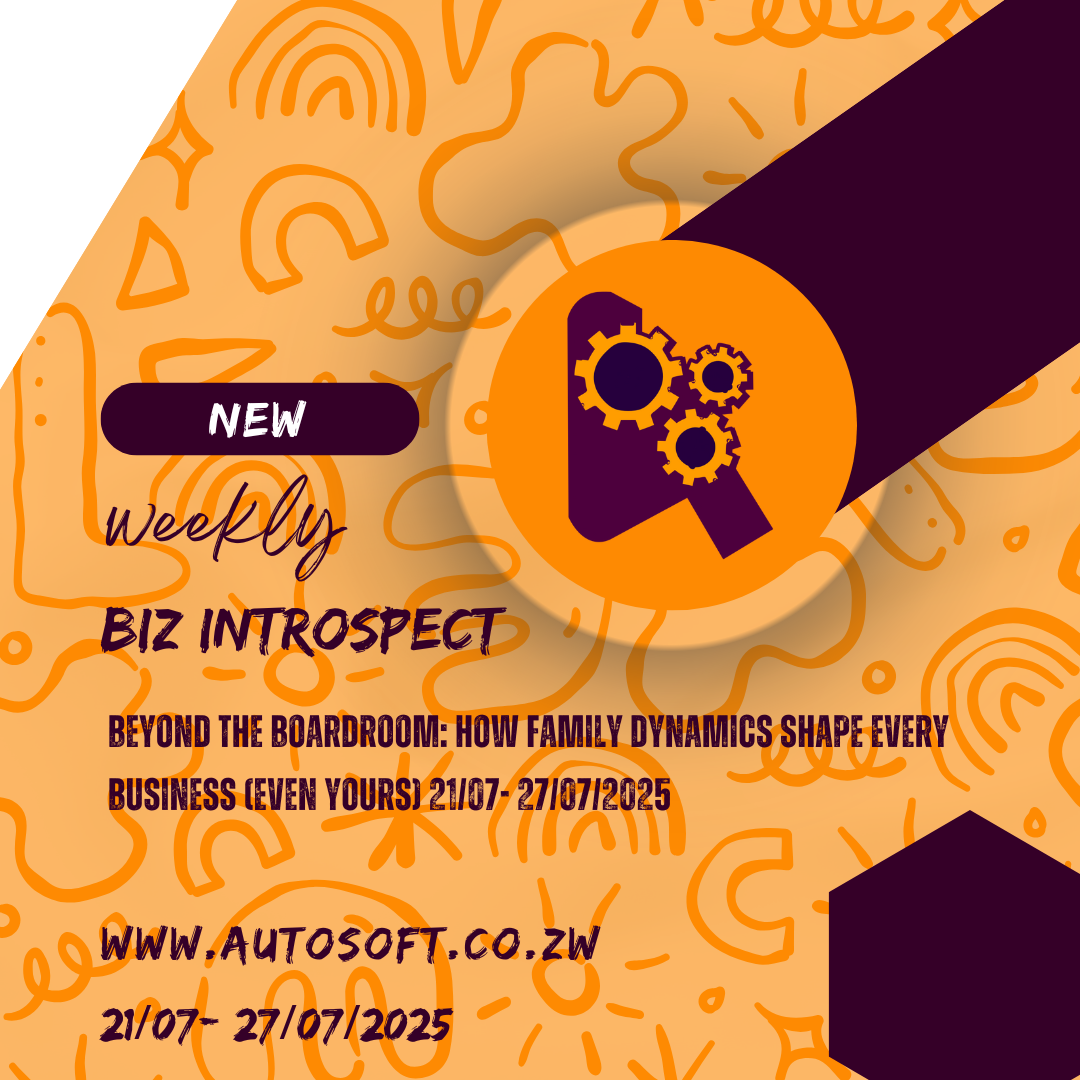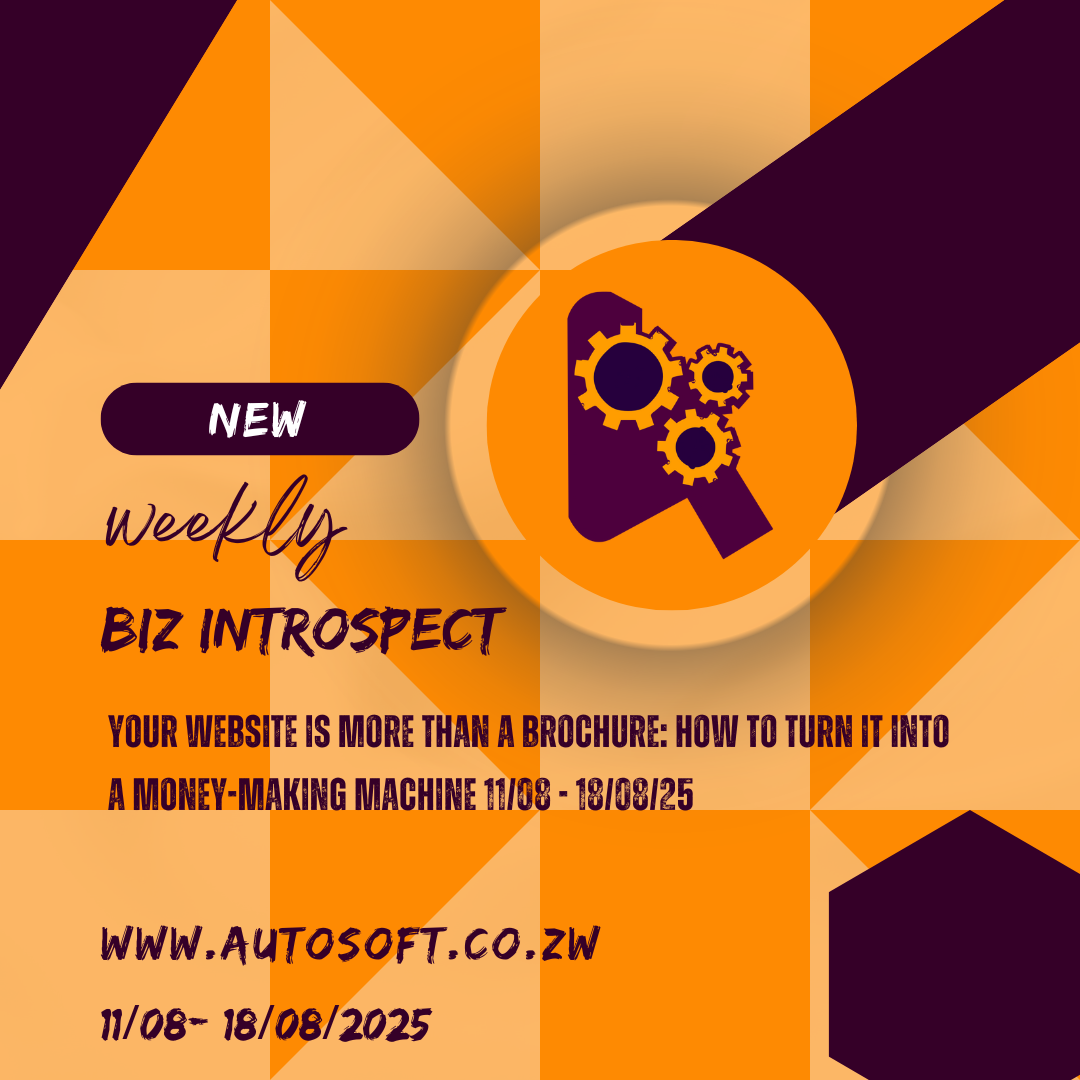
Beyond the Boardroom: How Family Dynamics Shape Every Business (Even Yours)
We’ve all heard tales of "family businesses" – multi-generational sagas of success or spectacular implosion. But what if I told you that the invisible forces of family dynamics aren’t confined to companies with shared surnames on the masthead? They’re quietly, yet profoundly, shaping every single business, every team, and even your own career path, whether you realize it or not.
In our Motif article for this week, we explored "Family Fortunes, Family Frictions," touching on the universal truth that blood can be thicker than water, but sometimes, it’s also a muddle of complex emotions and expectations. This week, we’re taking that article a step further, demonstrating how these ingrained family patterns don’t just stay at the dinner table; they walk right into the office, the factory floor, and yes, even your solo entrepreneurial venture.
The Invisible Boardroom: Your Family’s Influence at Work
Think about it: long before you learned about KPIs or market share, you learned about hierarchy, communication, conflict, and collaboration within your family unit. These aren’t just personal lessons; they’re your first, deeply imprinted models for how groups operate.
Your Leadership Style: Were you the oldest, naturally taking charge? The middle, adept at negotiation? The youngest, a master innovator or challenger of norms? These early roles often translate into your leadership style, how you manage teams, or how you interact with authority.
Conflict Resolution: Did your family resolve arguments through open discussion, silent treatment, or by deferring to a dominant figure? This sets the stage for how you approach disagreements with colleagues, clients, or even co-founders.
Risk Aversion vs. Boldness: Your family’s financial habits or comfort with change can subtly influence your own appetite for risk in business decisions. Are you driven by a need for security instilled by cautious parents, or a desire for bold ventures inspired by adventurous relatives?
These aren’t conscious choices, but ingrained patterns. They form an "invisible boardroom" in your mind, where past family dynamics quietly advise, applaud, or second-guess your professional moves.
Your "Work Family": Teams, Tensions, and Triumphs
Even in organizations with no biological ties, teams often develop "family-like" dynamics. We form bonds, establish pecking orders, experience sibling-like rivalries for recognition, and look to leaders as "parental" figures providing guidance or discipline.
The Office Sibling Rivalry: Have you seen colleagues compete intensely for a manager’s approval, mirroring childhood competition for parental attention? Or perhaps a "rebellious teenager" on the team constantly pushes boundaries.
The "Parental" Leader: A leader might inadvertently foster dependency, micro-manage, or play favorites, echoing a family dynamic. Conversely, a healthy "parental" leader can provide nurturing support and clear boundaries.
Shared Values (or Lack Thereof): Just as families thrive on shared values, a team that consciously or unconsciously aligns on core principles of trust, respect, and hard work will outperform one rife with unspoken resentments.
Understanding these parallels isn’t about diagnosing your colleagues; it’s about recognizing the underlying human patterns that affect team cohesion, communication flow, and ultimately, a business’s productivity.
every business, big or small, is a collection of individuals bringing their whole selves – including their family-imprinted behaviors – to the table. By acknowledging these powerful, often unconscious, influences, we can build stronger, more resilient businesses and cultivate healthier, more productive "work families" for the future.
From Friction to Fuel: Harnessing Family Wisdom
The good news is that recognizing these dynamics allows you to transform potential friction into powerful fuel for growth.
Self-Awareness is Your Superpower: Understand your own default settings, learned from your family. How do you react under pressure? What kind of leader or team member are you instinctively? This self-knowledge allows you to adapt and choose your responses rather than simply reacting.
Foster Intentional Communication: Just like healthy families, healthy businesses prioritize open, honest, and respectful dialogue. Create spaces where feedback is welcomed, conflicts are addressed constructively, and everyone feels heard.
Define Roles, Not Relationships, with Clear Systems: While personal dynamics are powerful, robust systems provide clarity and reduce ambiguity. Implementing powerful business management software with Autosoft can help clearly delineate roles, track responsibilities, and streamline workflows. This objective framework minimizes personal friction, ensuring that tasks are completed efficiently based on established processes, not solely on interpersonal relationships.
Build a Legacy of Values, Supported by Structure: Whether you’re building a multi-million-dollar company or simply striving for excellence in your role, clarify the values that drive you. These are the principles that will guide your professional "family." And just as strong family values need a framework to endure, tools that bring order and efficiency to your operations (like those offered by Autosoft) ensure that your business legacy is built on a foundation of both strong relationships and intelligent management.
Ultimately, every business, big or small, is a collection of individuals bringing their whole selves – including their family-imprinted behaviors – to the table. By acknowledging these powerful, often unconscious, influences, we can build stronger, more resilient businesses and cultivate healthier, more productive "work families" for the future.



